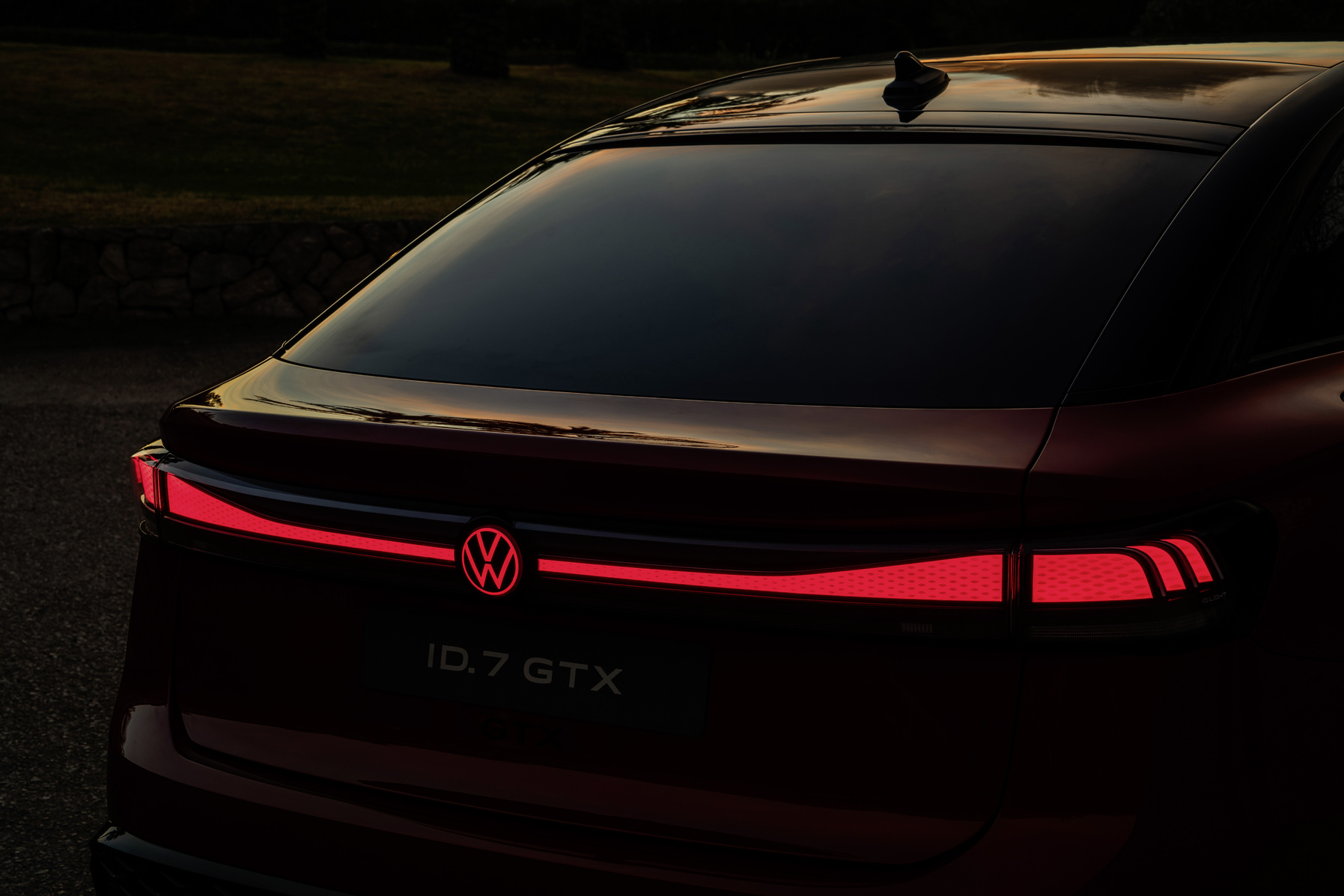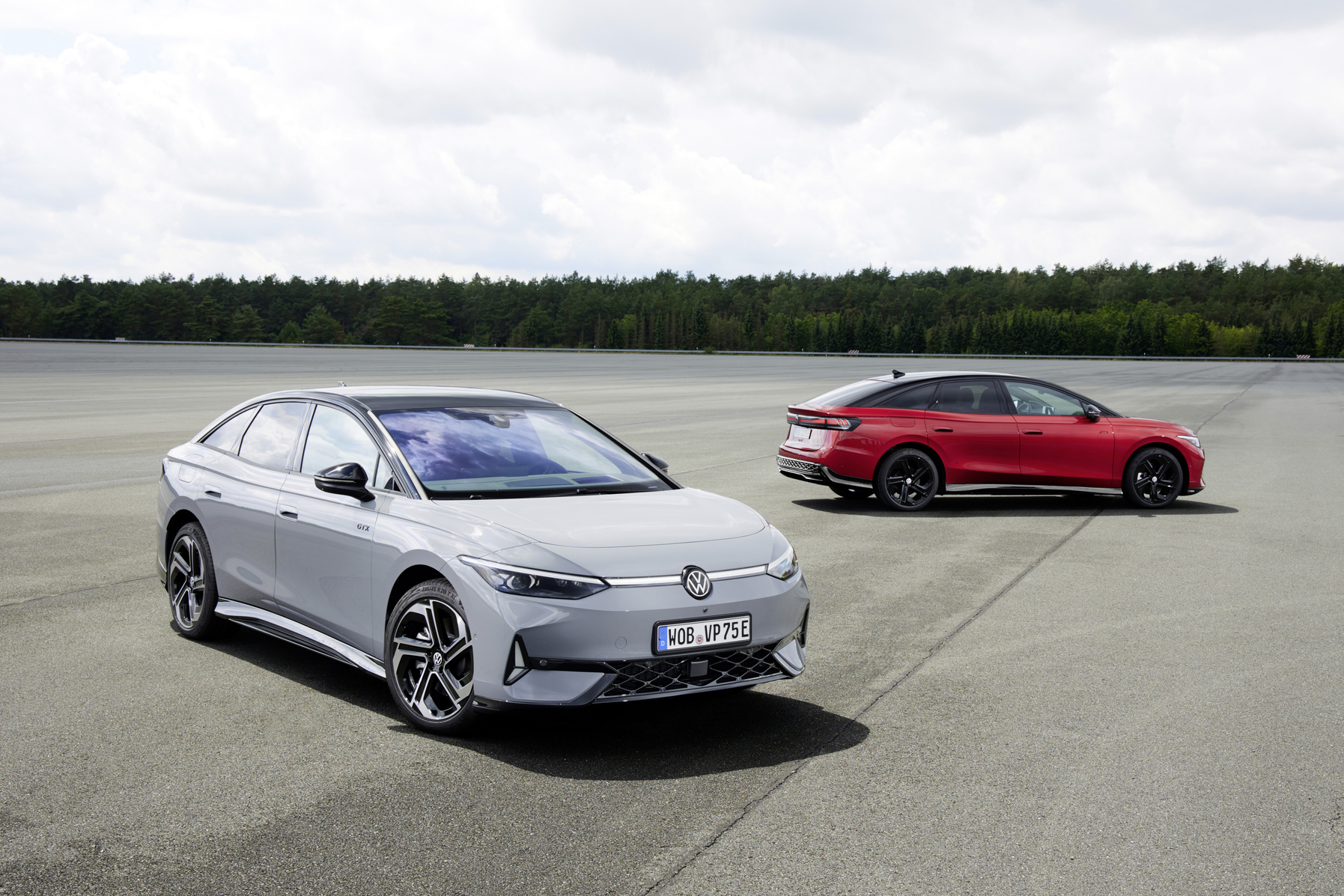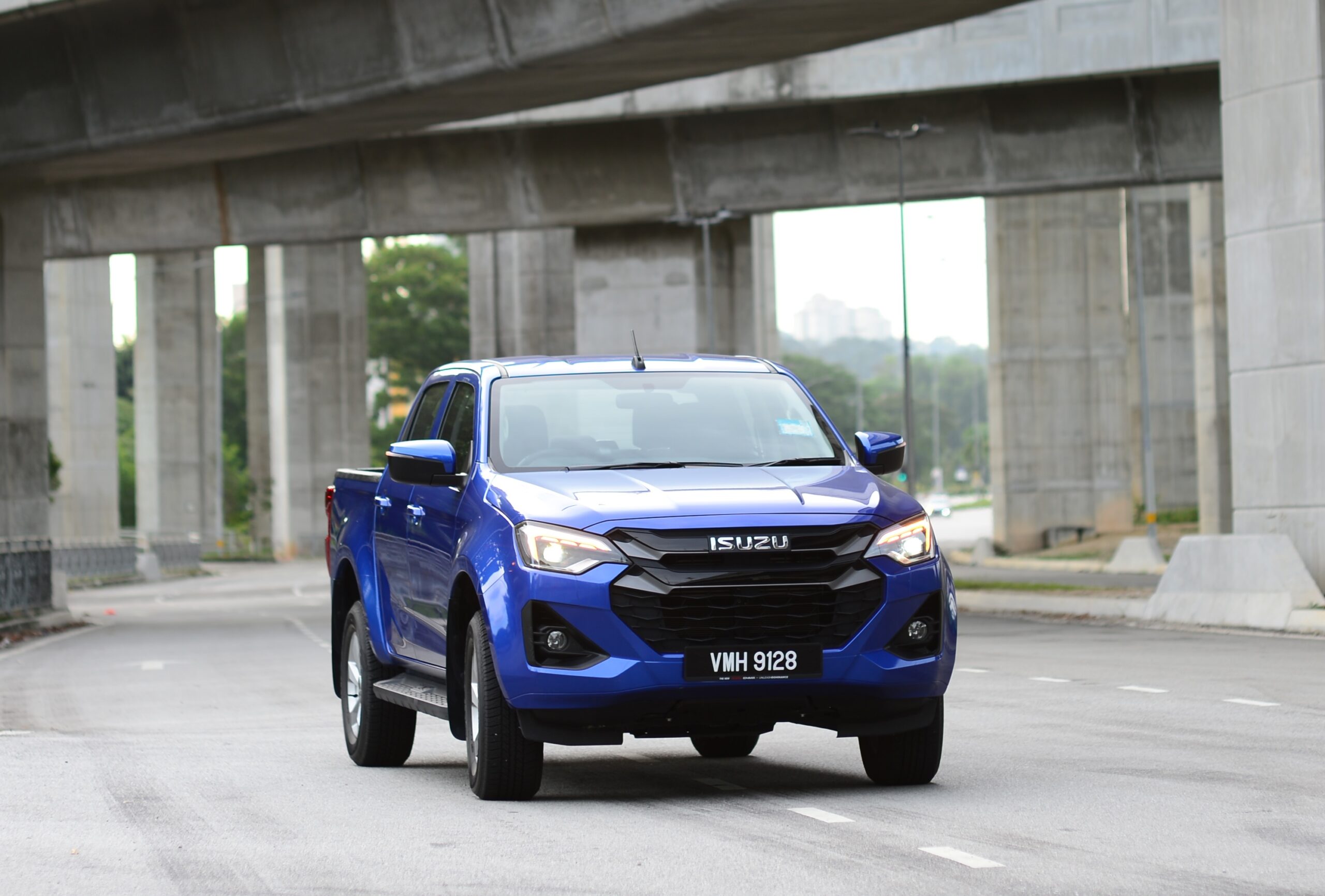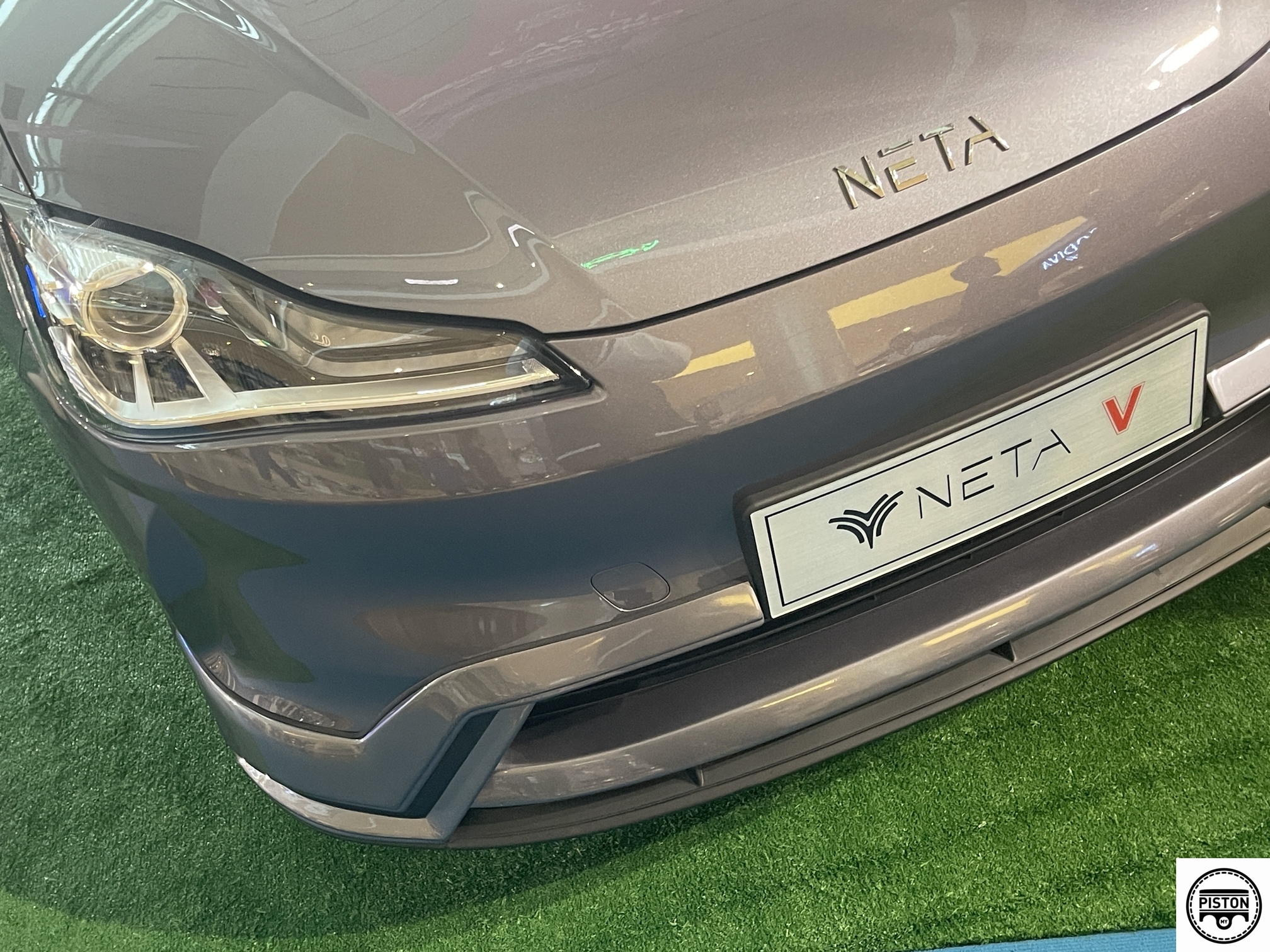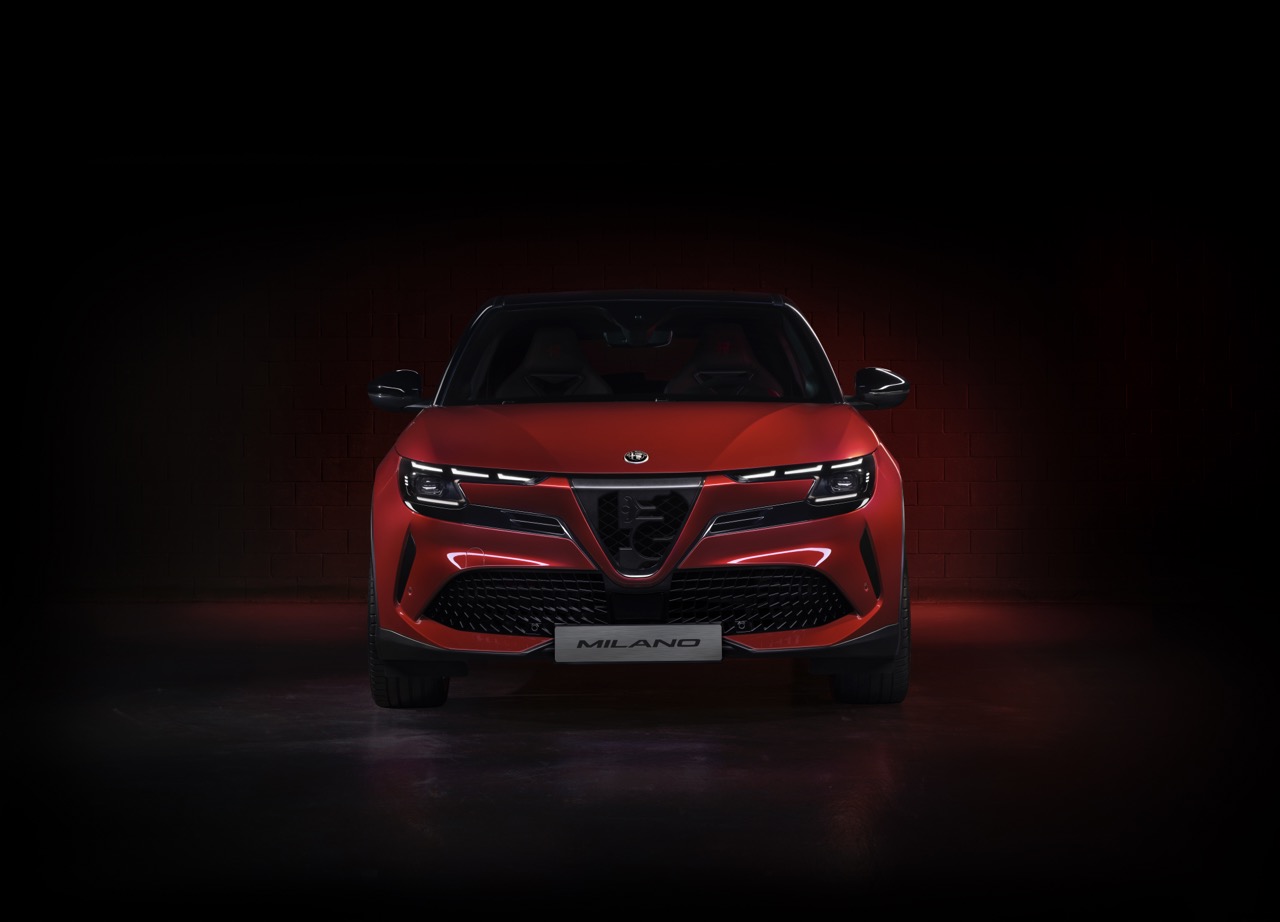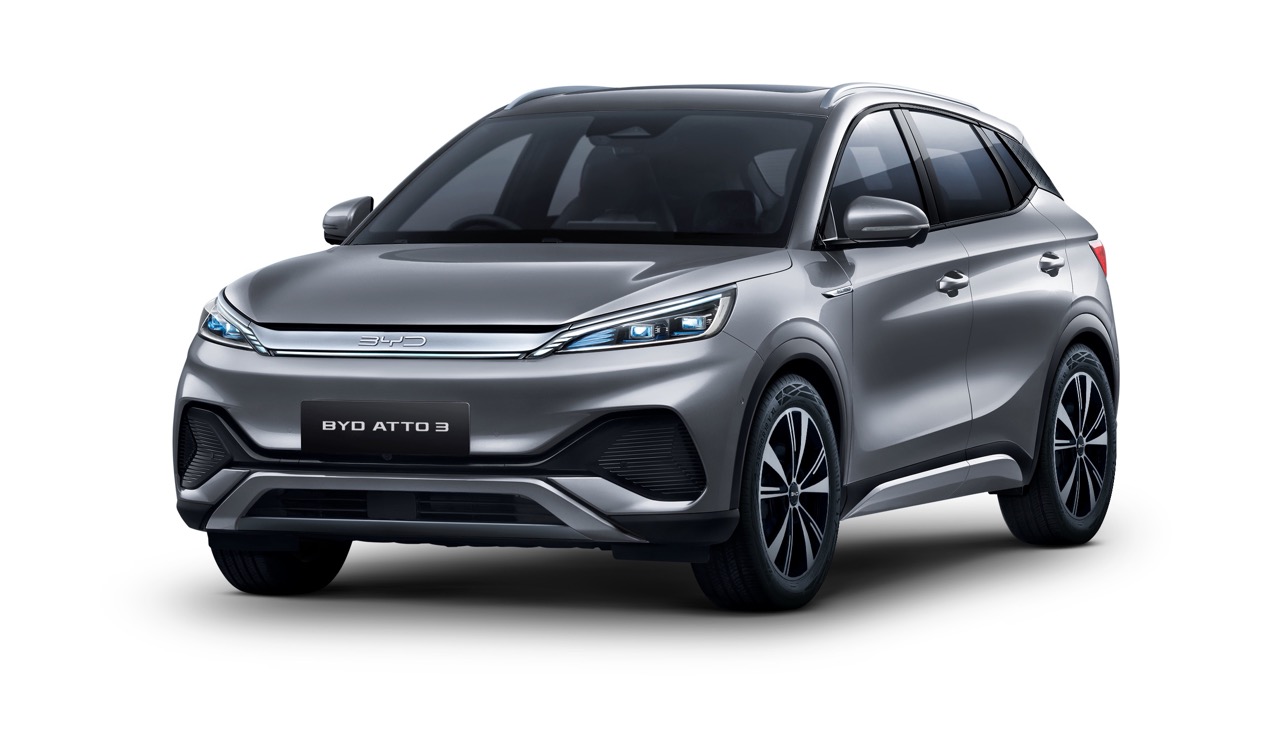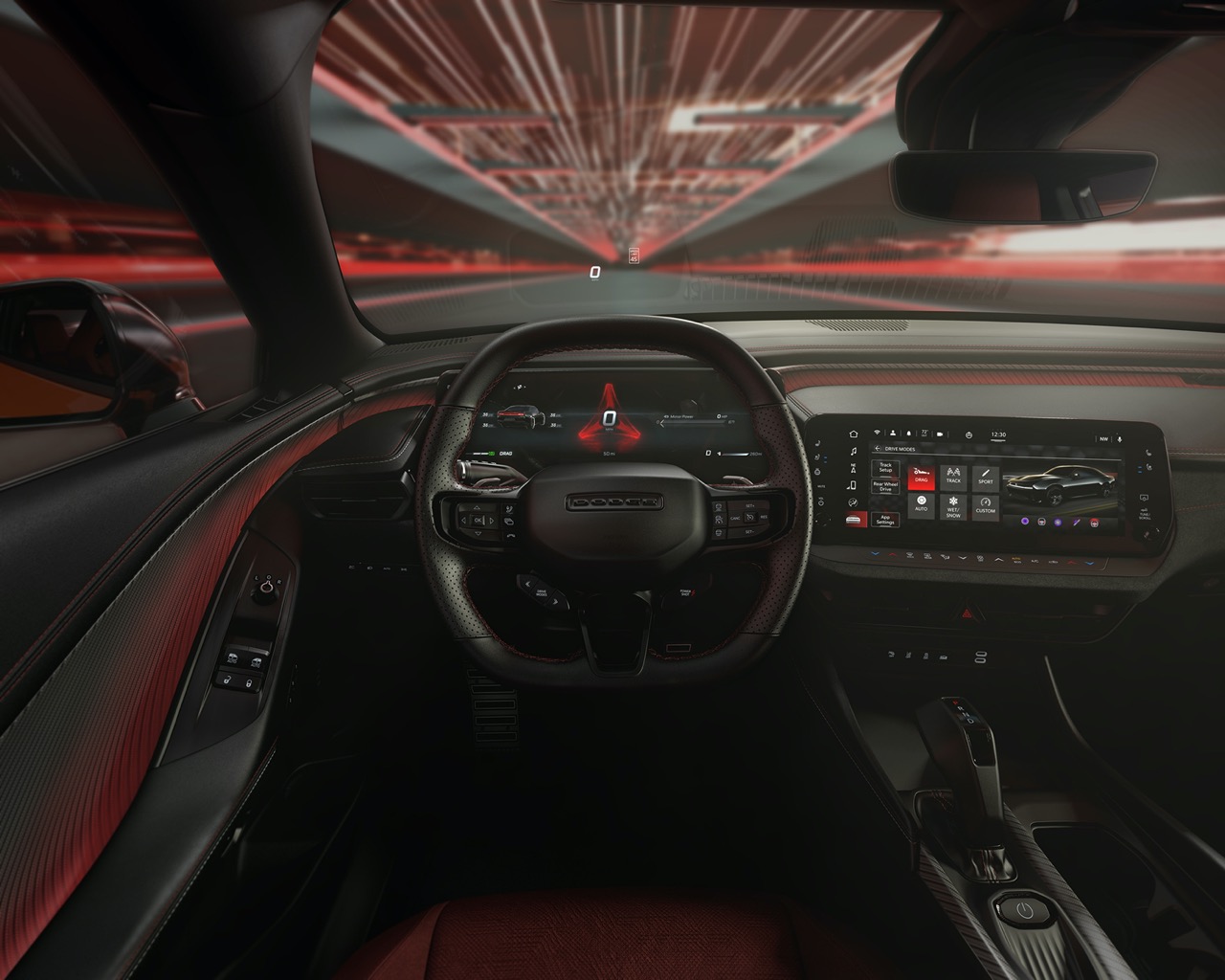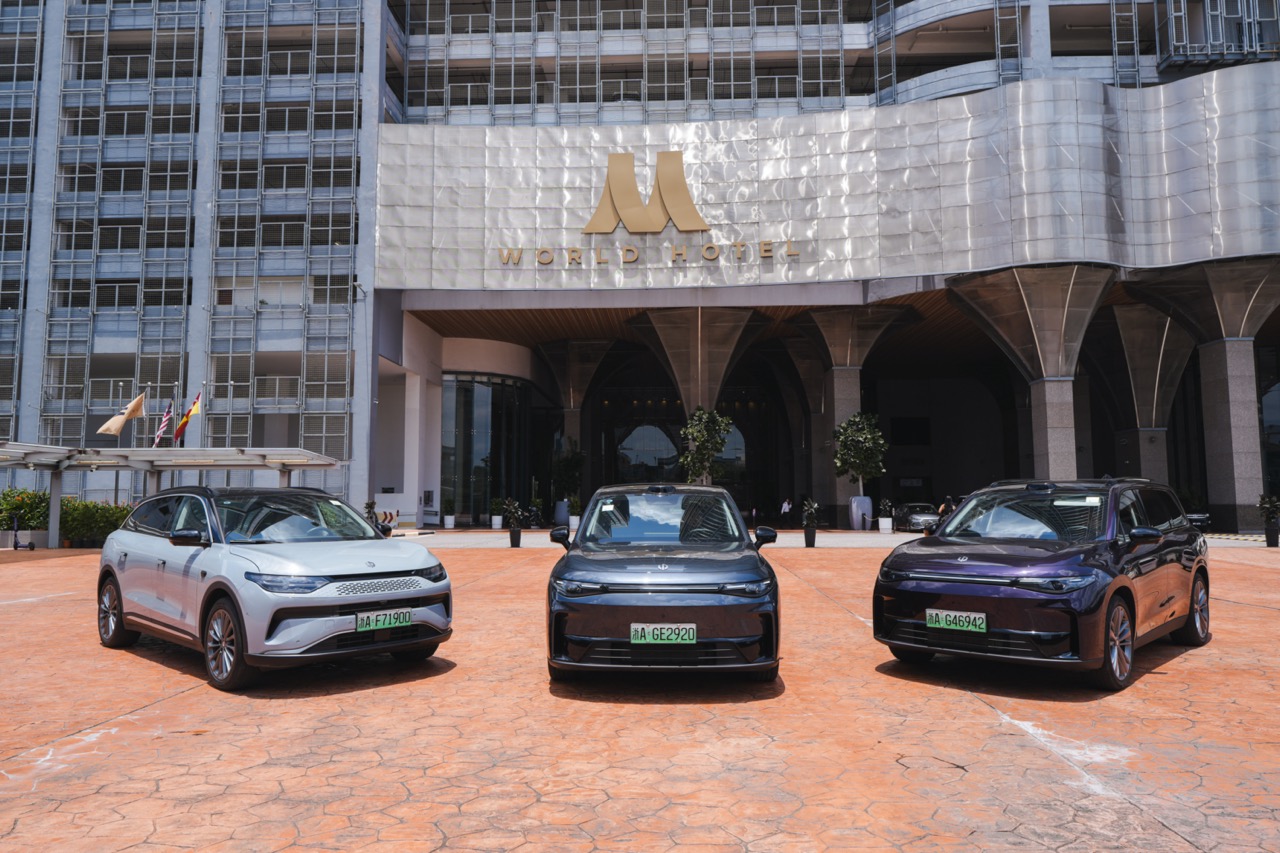Volkswagen Group has reported a 7% decline in global deliveries for the third quarter, highlighting significant challenges facing Europe’s automotive industry. The decrease in demand from China and rising production costs in Europe are key factors contributing to these difficulties. Additionally, the ongoing trade tensions between the European Union and China over tariffs on Chinese electric vehicles (EVs), due to alleged subsidies, further complicate the situation for European carmakers.
Volkswagen, the largest automaker in Europe, is undergoing a major restructuring and may even consider closing plants in Germany for the first time. The company is grappling with low European demand, growing competition from Chinese manufacturers, especially in the EV space, and the high costs of production in Germany. Marco Schubert, a member of VW’s executive committee, emphasised the need for a more competitive cost structure, particularly in Germany, to maintain success in this challenging environment.
The automaker’s deliveries to China, the world’s largest car market, fell sharply by 15%, down to 711,500 vehicles. This decline in China significantly impacted VW’s overall global deliveries, which dropped to 2.176 million vehicles.
VW’s rivals, BMW and Mercedes-Benz, also reported weaker third-quarter sales, attributing the sluggish demand and heightened competition in China as primary reasons. Volkswagen, in particular, has faced stiff competition from local Chinese automakers offering more affordable electric models.
In response, VW has cut costs for producing fully electric vehicles in China. Despite the challenges, these cost reductions have led to a 5.2% growth in sales of battery electric vehicles (BEVs) in China, totalling 57,500 units for the quarter. However, globally, the company saw a 9.8% decline in BEV deliveries, including a 41% drop in the U.S. market.
Due to these challenges, Volkswagen has downgraded its annual forecast for the second time in three months and now expects to deliver around 9 million vehicles for the year, marking an overall decline in deliveries.




